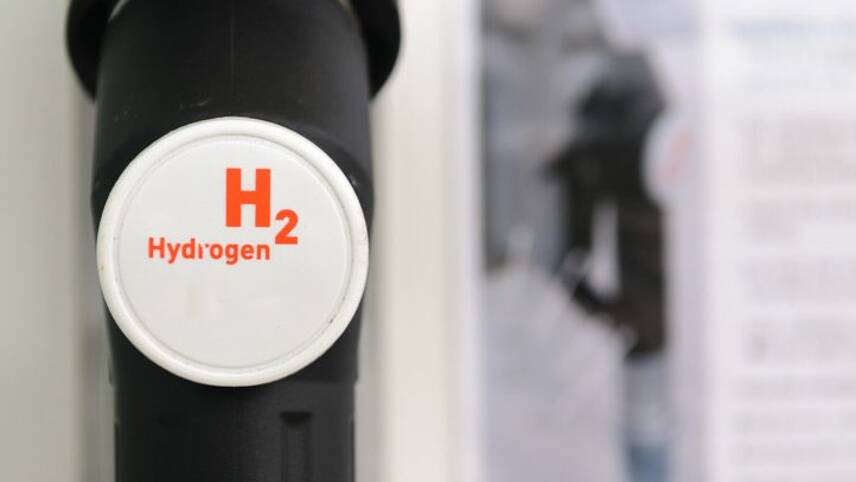Register for free and continue reading
Join our growing army of changemakers and get unlimited access to our premium content

Hydrogen faces numerous challenges on the road to net-zero
The Green Hydrogen Alliance (GHA) is made up of industry leaders including Airbus, Air Products, Associated British Ports, London City Airport, World Kinect and Tata Steel.
Its new research finds that across the Humber, Thames Estuary and South Wales ports, the UK could create hydrogen hubs with the potential to reduce more than 1.7 million tonnes of carbon dioxide emissions annually – equivalent to taking 60,000 diesel lorries off the road.
The local authorities of those areas would also unlock £480m in new low-carbon opportunities and the plan would add 900MW of green hydrogen capacity – capable of producing 18% of the Government’s 2030 target.
The GHA states that more than 8,000 jobs would be created directly at the facility and that in total, almost £11bn would be generated for the UK.
Alex Stafford MP, the Chair of the Hydrogen APPG said: “This report highlights the immense economic and employment opportunities that former industrial areas across the UK stand to gain from accelerating our green hydrogen economy.
“The UK has a real chance to lead the way in green hydrogen, especially when British innovation in this area is combined with our rich industrial heritage, but we must go further and faster to make a hydrogen economy a reality in the UK.”
Hydrogen continues to be at the centre of fierce debates as to whether it is suitable in helping the UK reach net-zero.
The UK Government’s Heat and Buildings Strategy, published in 2021, delayed a formal and strategic decision on the role of hydrogen in domestic heating until 2026 at the earliest.
Ministers stated that time was needed to trial blends and 100% hydrogen for homes in the real world. These trials have faced numerous delays including scrutiny from think tanks and MPs, alongside fierce local opposition and rowing over costs.
Others cite the costs of producing truly green hydrogen. Today, around 95% of all hydrogen produced comes from fossil fuels.
The Energy Networks Association (ENA) argues that the UK Government has failed to back its top-line commitments to growing the low-carbon hydrogen sector with clear plans for delivery, meaning that investors are now looking to the US, Mainland Europe and Asia.
While the UK has since doubled its hydrogen production target for 2030 to 10GW, it has not supported this with clear enough interventions designed to make production and other infrastructure cost-effective, the ENA believes.
Now, the UK has dropped to eighth place in the ENA’s ranking, compared to second in 2021.


It might be a sound idea for any politician in this area to be well acquainted with the chemistry and physics of pure hydrogen.
Hydrogen is a tricky material to handle, and hardly suitable, at 100%, for use in the home.